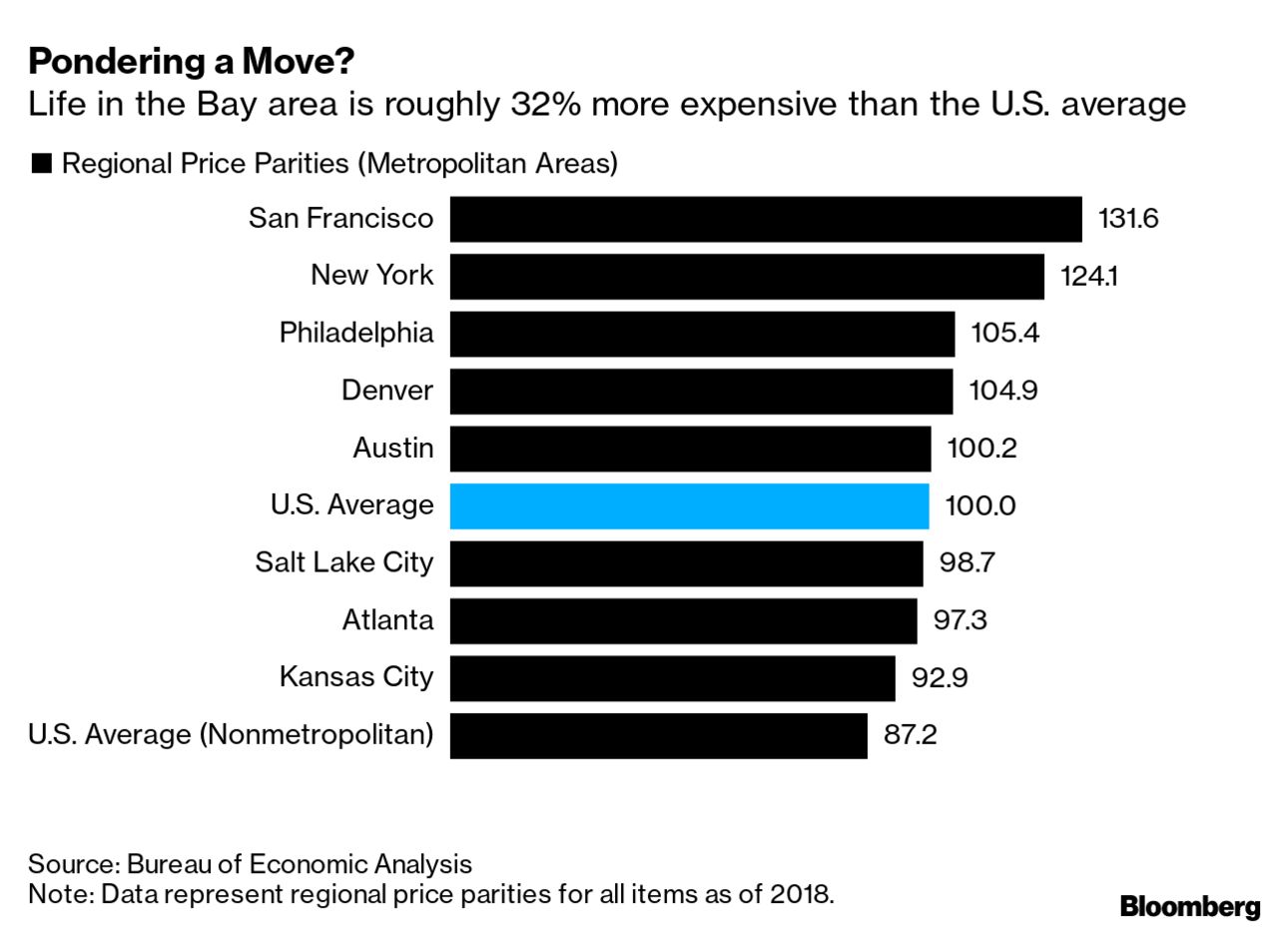Is it possible that the tech industry suffers consequences due to its inventions? It is possible. In an age as unusual as this, nothing surprises us. The coronavirus changed the way we see reality because everything is about adapting to the “new normal.”
Activities in enclosed spaces were banned, forcing companies and institutions to send their employees home. The tech industry took advantage of this situation to improve remote working platforms as it was the safest option (and in many cases the only option) to maintain productivity.
This was a victory for companies that design communication platforms, but why has this style of work changed the salary of tech workers? This question is complex, and the answers are not consistent.
Overall, tech salaries rose 3.6 percent in 2020, according to Computerworld and originally published in Dice.com's 2021 Tech Salary Report. However, higher wages were enjoyed by only 52 percent of tech workers. 35 percent saw flat wages and 13 percent saw a decrease.
Reasons for the variance are inconsistent, but clear in some cases. Here are three ways remote work impacted tech wages during the pandemic.
1. Remote work is "easier"
Some companies weathered the pandemic better than others. In fact, Facebook finished 2020 financially stronger than it started with a 53 percent year-over-year increase in profit due to an increase in screen time, according to The Verge. Twitter grew their number of active users per day by 20 percent and announced last year employees can work from home, forever.
Remote work has many advocates, including large companies that have adopted long-term work-from-home strategies, like Twitter. But is remote work just as efficient as in-person? Reed Hastings, co-founder of Netflix, says no. Hastings, who runs one of the largest streaming companies in the world, believes that remote work is not efficient, and if you don't perform at Netflix, you get cut. A CrowdSegment search below returned an average salary of $128K for Senior Software Engineers at Netflix, but would Hastings offer this attractive pay to a WFH employee?
.png?width=2384&name=Screen%20Shot%202021-06-28%20at%203.35.41%20PM%20(1).png) CrowdSegment: The average salary for Senior Software Engineers at Netflix is $128K.
CrowdSegment: The average salary for Senior Software Engineers at Netflix is $128K.
“No. I don’t see any positives,” Hastings said in an interview with the Wall Street Journal when asked about the benefits of working from home. “Not being able to get together in person, particularly internationally, is a pure negative."
But is this true? A UN report cited by The Conversation says that 41 percent of remote workers reported high-stress levels compared with only 25 percent of office workers. A clear comparison that explains the intensity of both jobs.
2. Cost-of-living wages don't add up when employees relocate to cheaper cities
The lockdown was the perfect excuse for many employees to work remotely and far from the tech hubs their companies call home. As we all know, cities like San Francisco, Seattle, New York and Chicago are expensive. Taking advantage of the conditions brought about by the coronavirus, many employees moved to neighboring towns or back home with family and friends.
However, this flexibility triggered alarms for tech leaders like Mark Zuckerberg, CEO of Facebook. He has no problem with remote work, at least for now, but if employees elect to move, they elect to cut their pay. What is this decision about? Companies like Facebook create salaries according to cost of living. This means in expensive cities, salaries are higher to meet costs for basic needs, such as food, gas, water, electricity, fuel and rent. Move to a cheaper city, and employees can afford the same lifestyle at a much lower rate.
3. Demand for top talent gives skilled workers leverage when negotiating pay
Even for mature tech companies, 2020 launched CIOs, business leaders, hiring managers and recruiters into a crisis for talent. For more traditional industries like manufacturing, the shift is greater and the gap more apparent. More sophisticated companies are exploring technologies deeper than ever with growth opportunities available in blockchain technology and decentralized financing.
This spike in demand for tech workers spills over from 2020 into 2021, giving skilled talent leverage to look for higher salaries. But where? Key tech hubs are still thriving. The average tech salary in New York City rose 11.6 percent between 2019 and 2020 and 9.7 percent in Austin. It's clear companies here are paying more for top talent. Download the 2021 Dice Tech Salary Report for more.
In a nutshell, 2020 went something like this: Screen time went up, companies went digital, schools at all-levels offered remote education, and the list goes on. When the need for innovation arises, tech workers are the first line of defense, including those who create new software and transform science into products for daily use. Rapid growth and high demand leads to better salaries for top talent.
Curious what tech stars make by industry, company and job title?
It's all about taking advantage of circumstance and creating better solutions. The tech industry advances every year, and 2020 was a special time to demonstrate potential for innovation. These salaries and jobs help narrate the trajectory of the world, as told by technology and the people who inspire it.
Contact us today for a detailed look at salaries by segment.

%20(1).png)




